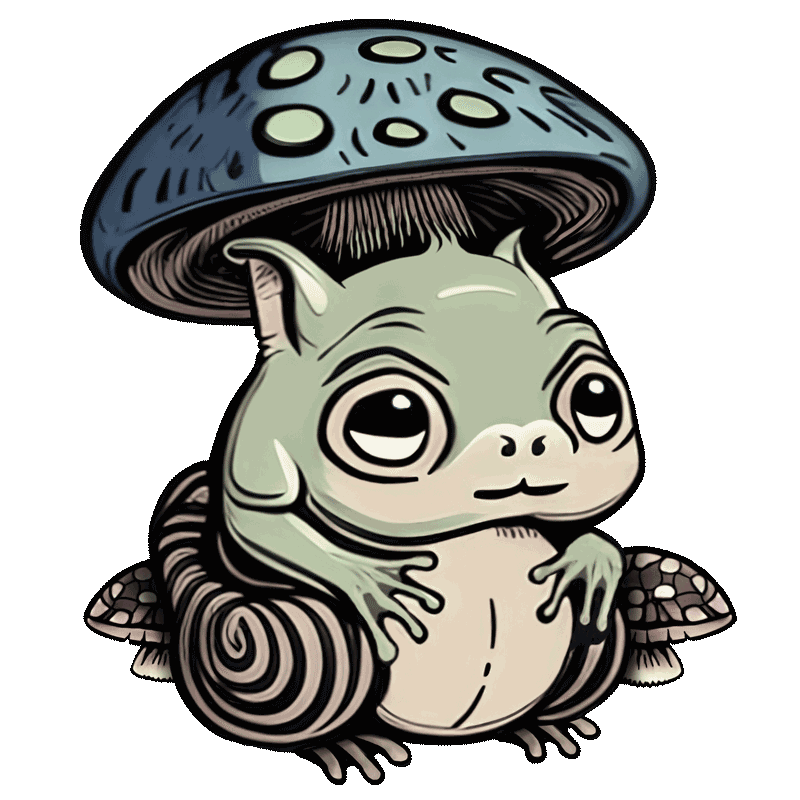- cross-posted to:
- [email protected]
- cross-posted to:
- [email protected]
I quit at 25 drinking all alcohol because the people I was around sucked and decided to do what their parents did and now many years later they look terrible like them too.
I would hate to be 40 and fucked up like so many do. The weed smokers faired so much better. They don’t even have gray hair into their 40’s like the drinkers do thats the biggest thing I noticed.
No thanks
Removed by mod
The irony in this statement, talking about a known depressant lol
Drinking for me is increasingly borrowing happiness from tomorrow, and the older I get, the higher the interest rate climbs.
I’ll still enjoy a drink, but have definitely become more choosy about when and whether it’s worth it.
In the context of alcohol, depressant doesn’t mean it makes you sad. It’s a depressant as it decreases heart heart, respiration, response times, etc.
The opposite being a stimulant which increases those functions.
Nothing to do with mental health.
Well that’s true the word in that context is referring to more a drug’s effect on level of arousal than mood, just for anyone that’s confused alcohol does contribute to depression and other mood changes. The relationship of alcohol and mood disorders is more complicated than its effect on those simpler functions, but depressed mood is certainly one possible thing it can do.
https://www.psychdb.com/mood/substance-medication
https://www.academia.edu/download/45317269/Alcohol_and_depression20160503-23243-jt8nme.pdf
Nothing to do with mental health.
This is absolutely not true. Alcohol has significant effects on neurotransmitter activity and your limbic system. Even one-time intoxication can cause emotional dysregulation that may lead vulnerable people to attempt suicide or self-injure where they would not if sober. Chronic heavy use can absolutely lead to depressive episodes due to long-term changes to neurotransmitter activity in your brain, not to mention the depression caused by the psychosocial toll of heavy alcohol use
Not judging alcohol use here, I drink pretty regularly, but also let’s not kid ourselves about the real risks
I’m not discounting it’s impact on mental health.
I’m only saying that when it’s described as a depressant that it is the effect on the sympathetic nervous system that is being described. That’s the use of the term when applied to drugs and medications.
Your sympathetic nervous system has profound impacts on your mood
You’re misusing the word “depressant” here. It doesn’t mean “makes you depressed”.
Removed by mod
Ah yes. Drinking: the only source of fun.
I’m glad you understand!
Removed by mod
Found the Irish.
Removed by mod
You ever notice that the “here for a good time, not a long time” people usually don’t get either of those things? I’m not teetotaler but there’s a gap between “not averse to having a drink” and “drinking is integral to who I am”.
Removed by mod
Hey boss, if drinks are the only way you can have fun, you’re already sad. Old part comes next.
Removed by mod







